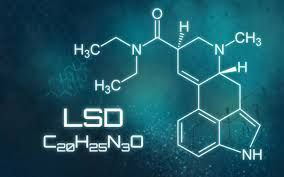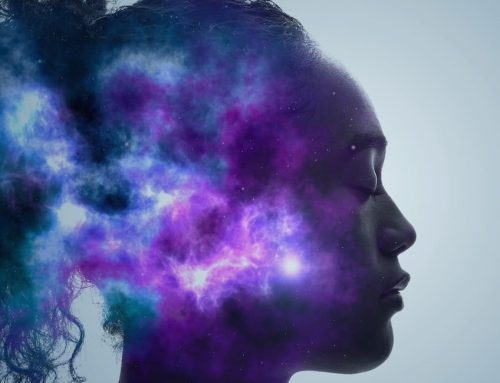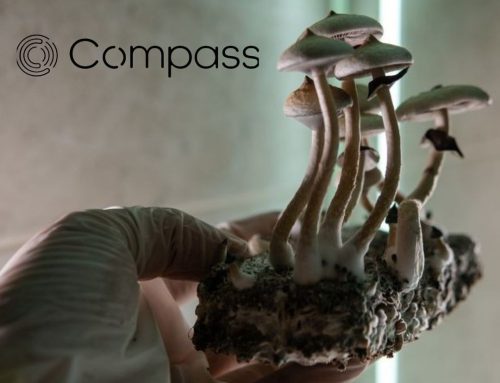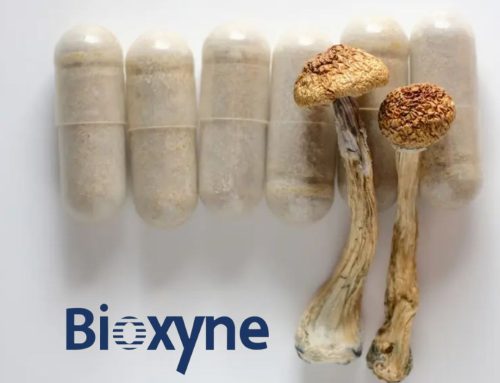LSD Shows Promise in Prolonged Reduction of Anxiety Symptoms
LOS ANGELES – A recent study published in the Journal of the American Medical Association (JAMA) on September 4, suggests that a single dose of lysergic acid diethylamide (LSD) may significantly reduce symptoms of generalized anxiety disorder (GAD) for up to 12 weeks.
Conducted by MindMed, a biotech company focused on psychedelic-based treatments, the research offers new insights into the therapeutic potential of LSD, a substance historically associated with recreational use but now gaining attention for its medical applications.
The phase 2b clinical trial involved 198 adults aged 18 to 74 with moderate-to-severe GAD, a condition affecting nearly 5.7% of U.S. adults, according to the National Institutes of Mental Health.
Participants were randomly assigned to receive a single dose of MM120, a pharmaceutically optimized LSD tablet, at 25, 50, 100, or 200 micrograms, or a placebo. Anxiety levels were assessed using the Hamilton Anxiety Rating Scale (HAM-A) and the Clinical Global Impression-Severity (CGI-S) scale over 12 weeks.
Results showed that the 100-microgram dose was most effective, with 65% of participants experiencing a significant reduction in anxiety symptoms by week 12, and 47.5% achieving remission, compared to 30.8% and 20% in the placebo group, respectively. The effects were noticeable within one day of administration and sustained through the study’s duration.
Unlike many psychedelic studies, this trial did not include extensive psychotherapy, allowing researchers to isolate the drug’s direct impact. However, the study faced challenges with blinding, as many participants correctly identified whether they received LSD or a placebo, potentially influencing outcomes.
“This study marks a significant step in understanding LSD’s potential as a standalone treatment for anxiety,” said Dr. Maurizio Fava, psychiatrist-in-chief at Mass General Brigham Hospital and a study author. “The sustained benefits from a single dose are notable, though further research is needed to determine long-term efficacy and optimal dosing schedules.”
Fava serves as an adviser to MindMed, which is now conducting two larger phase 3 trials to support a potential U.S. Food and Drug Administration (FDA) approval application.
The findings align with growing interest in psychedelics as treatments for mental health conditions, including depression and post-traumatic stress disorder (PTSD).
The FDA has granted the “therapy” status to LSD, psilocybin, and MDMA, signaling their potential to address psychiatric or substance use disorders. However, experts caution that challenges remain, including the need for rigorous study designs to address placebo effects and the role of the treatment environment. Critics highlight that while the results are promising, the study’s dropout rate and blinding issues raise questions about its reliability. Larger trials will be crucial to confirm these findings and address safety concerns, particularly given LSD’s history as a controlled substance banned in the U.S. since the 1970s.
As the psychedelics field advances, this study underscores the need for balanced scrutiny. The prospect of a single-dose treatment offering weeks of relief could reshape approaches to anxiety management, but only if future research validates these early findings. For now, the data provides a compelling case for continued exploration, offering hope to those for whom conventional treatments have fallen short.




































